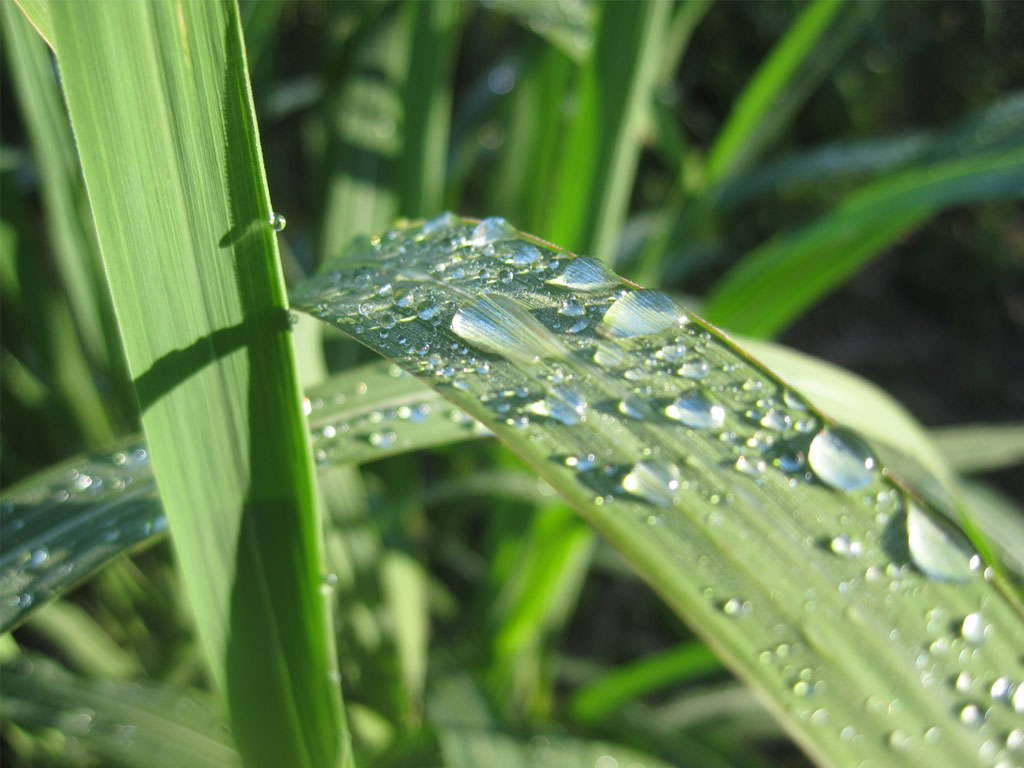Cultivation
Whoever thinks about sustainable agriculture will not be able to avoid permanent crops. If then the raw material potential for a bio-based raw material supply of the processing industry is added, Miscanthus inevitably is the answer. We recognized this as early as in 2007 and ever since have devoted ourselves to this topic.
There are a few things to consider when establishing a sustainable permanent crop. First and foremost, the use or service of the culture should be precisely defined. As a result of public pressure, we are currently experiencing a rethink in the agricultural sector and, to some extend also in the world of politics. Should these societal demands really be taken into account in political action (which is already happening in other European countries), then two aspects are important for sustainable land use (exactly in the following order):
- Provision of an ecosystem service (ESS) e.g. long-term CO2 storage through humus formation, reduction of soil erosion, increase of biodiversity, retreat areas for animals, soil-water use, low fertilizer demand, no plant protection etc.
- the actual biomass yield (crop above ground) and its utilization
Depending on the weighting of these two objectives, the considerations regarding cultivation and establishment must be supported by experienced and knowledgeable experts.

That is why Miscanthus can be grown almost anywhere
Depending on the basic considerations of the objective of cultivation, a site selection and a selection for the variety of Miscanthus can be made. Where appropriate, a combination with other crops is...

Plant care
In the year of planting, the new plants require a lot of care. This is especially true for weed control, which is absolutely necessary, and, in case of very dry, hot weather in the first 6 weeks...
